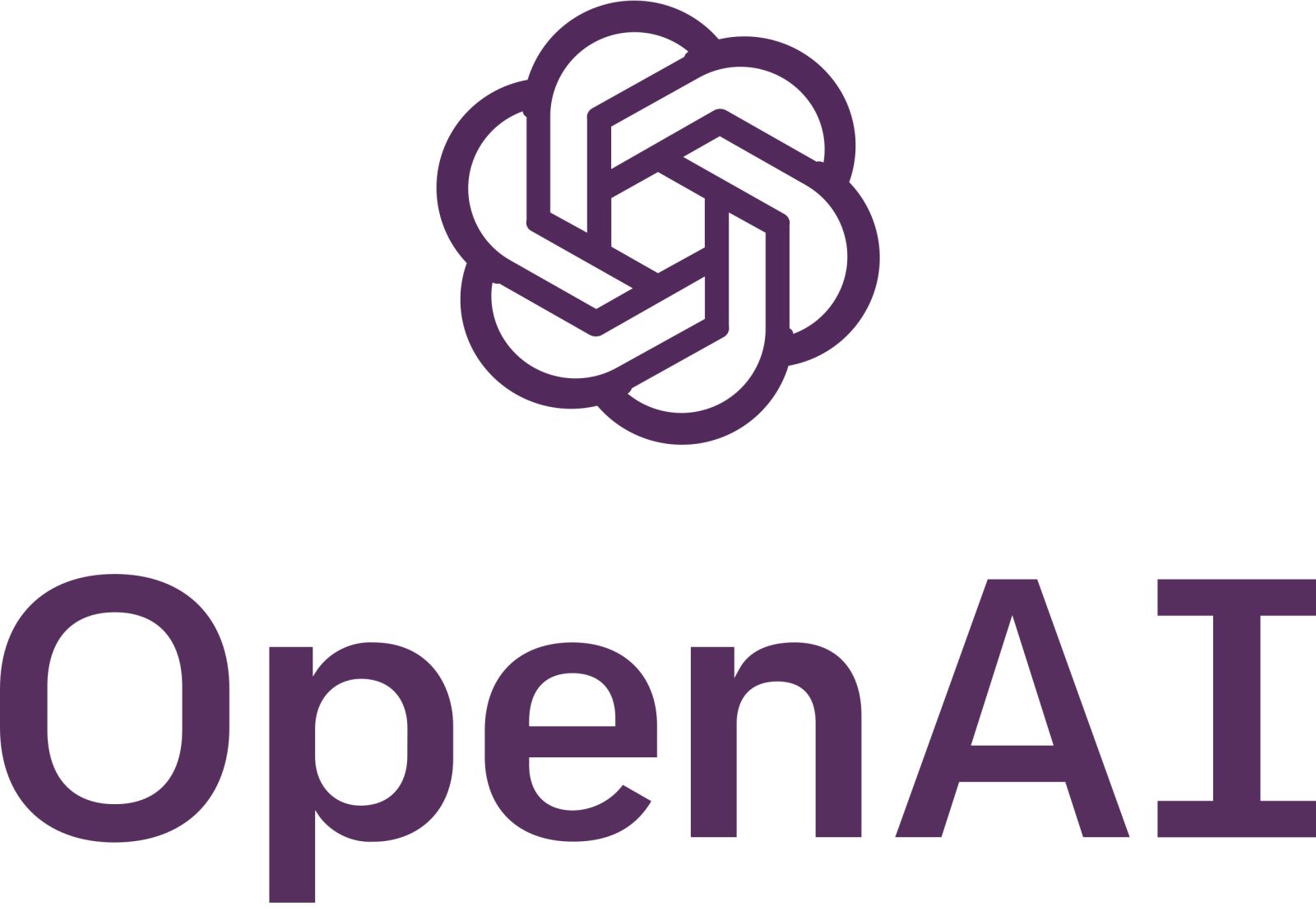OpenAI encryption is under consideration: OpenAI is weighing encrypting ChatGPT’s temporary chats to limit exposure of sensitive user data, though no shipping timeline is set.
Context
Sam Altman said the company is “very serious” about adding encryption for some conversations and pointed to temporary chats as the likely first step. Temporary chats do not appear in history or train models, yet OpenAI may retain copies for up to 30 days for safety. A current federal court order requires OpenAI to retain contents of temporary and deleted chats, complicating implementation of full protections.
OpenAI encryption: what changes
The aim is to limit provider access to content, but chatbots complicate true end‑to‑end encryption because the provider often acts as the endpoint that processes requests and therefore holds operational access to data. Encrypting data in transit alone does not prevent OpenAI from accessing sensitive information when it needs to operate services or comply with legal demands.
Why start with temporary chats
- Less integration with long‑term memory and personalization features
- Not used to train models currently
- Offer a practical and legal testing ground for stronger protections
The Problem / Challenge
The key challenge is both technical and legal: preventing provider access limits advanced features (memory, personalization) and complicates responses to legal orders. Partial solutions like Apple’s "Private Cloud Compute" reduce exposure but do not eliminate supplier responsibility entirely.
Solution / Approach
OpenAI appears to favor a phased approach: trial encryption on temporary chats and explore mechanisms that restrict internal access, strengthen legal controls and increase transparency. Hybrid techniques—isolated compute, stricter access policies for certain queries—are feasible but require trade‑offs between privacy, capability and compliance.
Risks and limitations
- End‑to‑end encryption is limited when the provider processes requests as an endpoint
- Court orders can compel data retention or disclosure
- Long‑term memory features require persistent access to user data
- Partial protections may create mismatched user expectations
Altman’s perspective
Altman noted that the growing use of ChatGPT for sensitive medical and legal matters makes data protection a priority: if AI can provide versions of professional advice, users should have comparable protections. He also said law‑enforcement requests for data are currently low but rising, and a single high‑profile case could prompt a different approach.
Conclusion
OpenAI’s consideration of encryption for temporary chats signals a move toward stronger user protections but does not resolve endpoint, memory and legal challenges by itself. Expect incremental measures designed to balance privacy and functionality while regulatory developments shape timing and scope.
FAQ
-
How would OpenAI encryption work for temporary chats?
OpenAI would limit internal access to temporary chats, but may keep copies up to 30 days for safety and compliance.
-
Does encryption stop OpenAI from responding to legal demands?
No; encryption alone doesn’t remove legal obligations—courts may still compel data retention or access.
-
Why are temporary chats the likely first target for OpenAI encryption?
They are not used for model training and have weaker ties to persistent memory, making them easier to protect initially.
-
Will encryption make AI conversations equivalent to doctor/patient confidentiality?
Not automatically; achieving comparable protections requires legal recognition and technical controls beyond basic encryption.
